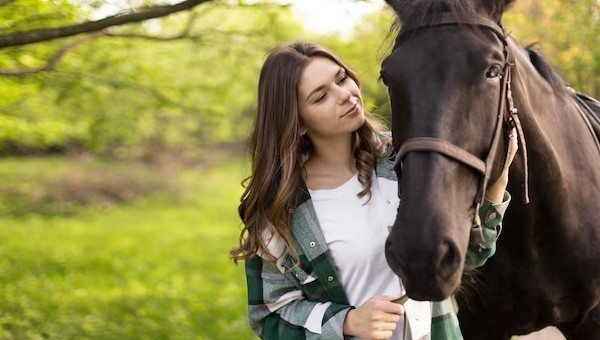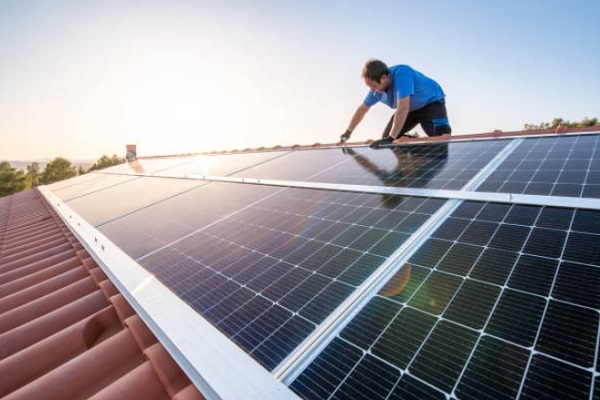Horse ownership is an exciting experience with a rich history. It has been something that the kings and queens once identified with power and authority.
Nowadays, horse ownership is still a little bit of that glimmer of prestige, but you have a lot more things to worry about! There’s the initial purchase, weekly upkeep, veterinarian visits… the list goes on!
While owning a horse can be a fun endeavor, understanding the costs upfront will allow you to decide whether or not it’s for you.
Read on to learn about the true cost of owning a horse!
Start-Up Price Tag Considerations
A horse comes with an upfront price tag. This can range from a few thousand dollars or even more.
The typical starter horse will cost between $2,000 and $5,000. However, enormous additional costs should be kept in mind. Horses can be purchasable from independent sellers, horse auctions, or breeders.
It’s important to consider the age, breed, and overall health of the horse when making the purchase. Some horse breeds may have higher upfront costs due to their increased value.
On-Going Labor and Maintenance Expenses
Factor in costs for basic care such as hoof-trimming, vaccinations, deworming, and teeth-floating. If your horse is boarded, you need to consider the costs for hay, bedding, feed, and stalls. You also need to budget for regular exercises such as riding and pasture turn-out.
There are additional costs for farrier visits and equipment. An emergency can add up quickly, creating a significant financial burden. The average annual cost to own a horse is between $3,000 and $12,000, depending on the type of horse and its upkeep.
Understanding Feed and Grain Costs
Feed and grain can be one of the largest expenses associated with horse ownership. Depending on the type of feed, grain, treats, and supplements that are purchased, the cost can add up quickly. Quality feed and grains are essential for keeping horses in good health, so it is important to factor cost into the equation.
It is possible to research the best prices to stay within a budget. Selecting good hay is important for horses that are in lower body condition due to the nutritional content.
Vaccinations, Medications, and Vet Visits
Vaccinations protect horses against diseases that can have devastating consequences, and costs can range from fifty to several hundred dollars. Medication costs will depend on the type of horse, the condition being treated, and the medications prescribed.
Vet visits should also be included in budgeting – routine checkups, dental work, and emergency horse care can cost hundreds of dollars.

Tack, Equipment, and Accessories Upkeep
Tack and accessories upkeep includes harness, saddle, and hoof picks. Depending on the type of horse, the build and the maintenance of the different equestrian equipment can range from very cheap and basic to expensive and custom-made.
You must also be aware of additional accessories such as detangling brushes, all-weather blankets, horse tendon boots, and more. Not only that but regular maintenance, cleaning, and repairs become essential.
Use this Guide to Understand the Cost of Owning a Horse
Owning a horse can be a very expensive endeavor – both financially and in terms of time. To ensure that you have a safe and enjoyable experience, it is important to understand the true cost of owning a horse. If you are looking into purchasing a horse, it is worth doing your research so that you can make an informed decision.




